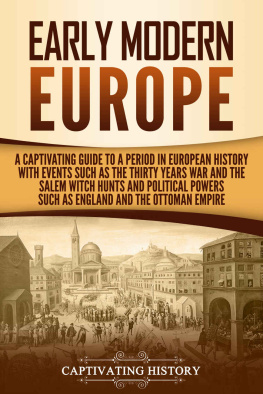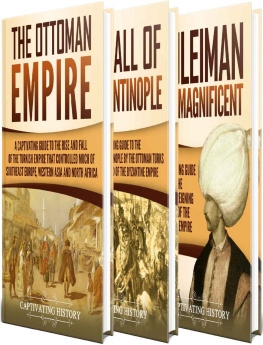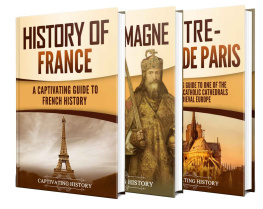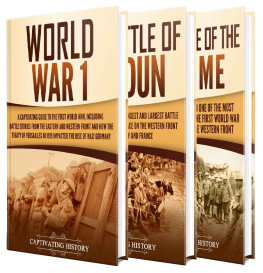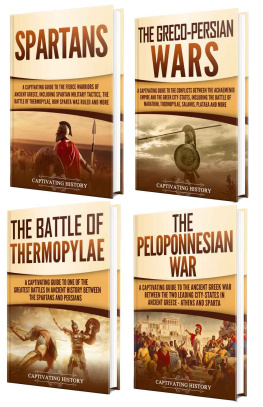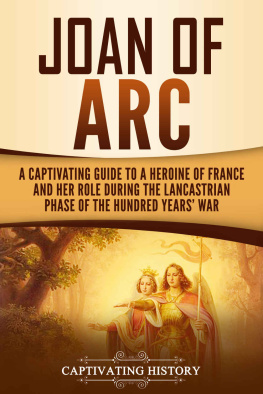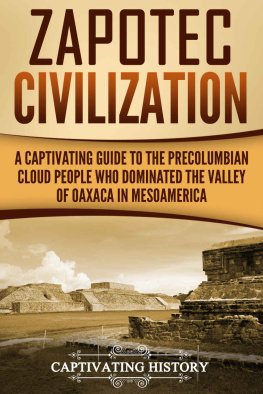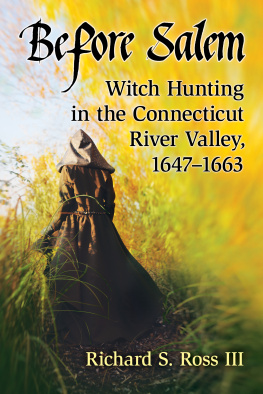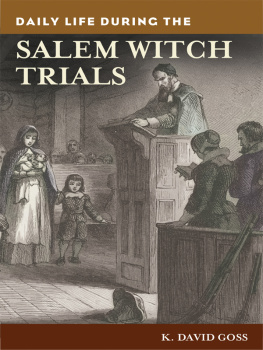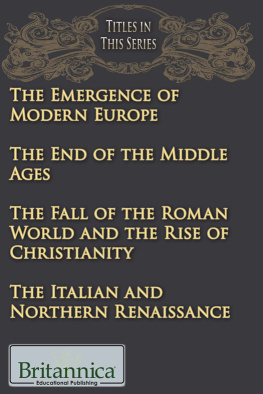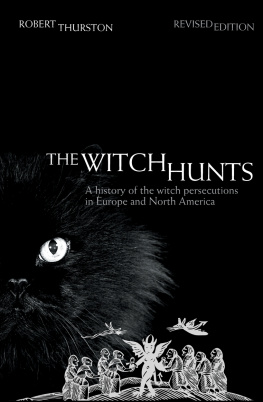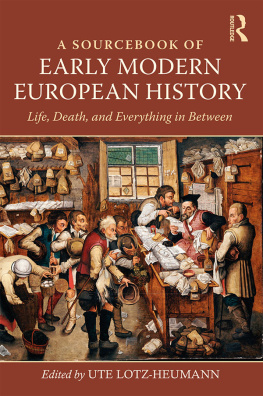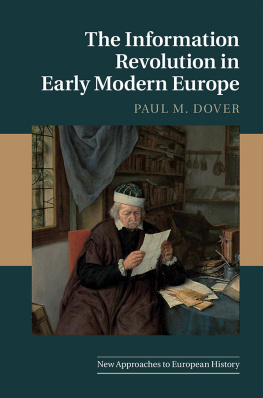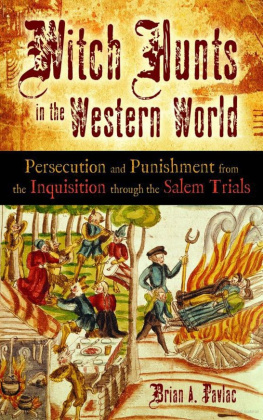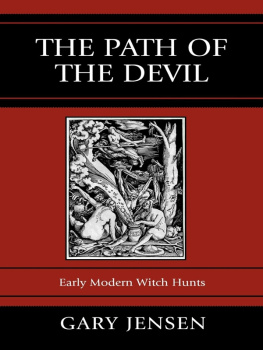Early Modern Europe
A Captivating Guide to a Period in European History with Events Such as The Thirty Years War and The Salem Witch Hunts and Political Powers Such as England and The Ottoman Empire
Copyright 2019
All Rights Reserved. No part of this book may be reproduced in any form without permission in writing from the author. Reviewers may quote brief passages in reviews.
Disclaimer: No part of this publication may be reproduced or transmitted in any form or by any means, mechanical or electronic, including photocopying or recording, or by any information storage and retrieval system, or transmitted by email without permission in writing from the publisher.
While all attempts have been made to verify the information provided in this publication, neither the author nor the publisher assumes any responsibility for errors, omissions or contrary interpretations of the subject matter herein.
This book is for entertainment purposes only. The views expressed are those of the author alone, and should not be taken as expert instruction or commands. The reader is responsible for his or her own actions.
Adherence to all applicable laws and regulations, including international, federal, state and local laws governing professional licensing, business practices, advertising and all other aspects of doing business in the US, Canada, UK or any other jurisdiction is the sole responsibility of the purchaser or reader.
Neither the author nor the publisher assumes any responsibility or liability whatsoever on the behalf of the purchaser or reader of these materials. Any perceived slight of any individual or organization is purely unintentional.
Table of Contents
Free Bonus from Captivating History: History Ebook
Hi History Lovers!
My name is Matt Clayton, and Im the creator of Captivating History. First off, I want to THANK YOU for reading our books in the Captivating History series. As an avid reader of History myself, I aim to produce books that will hold you captive.
Now you have a chance to join our exclusive history list so you can get the ebook below for free as well as discounts and a potential to get more history books for free! Simply click the link below to join.
P.S. If you join now, you will also receive a free Mythology book. Remember that its 100% free to join the list.
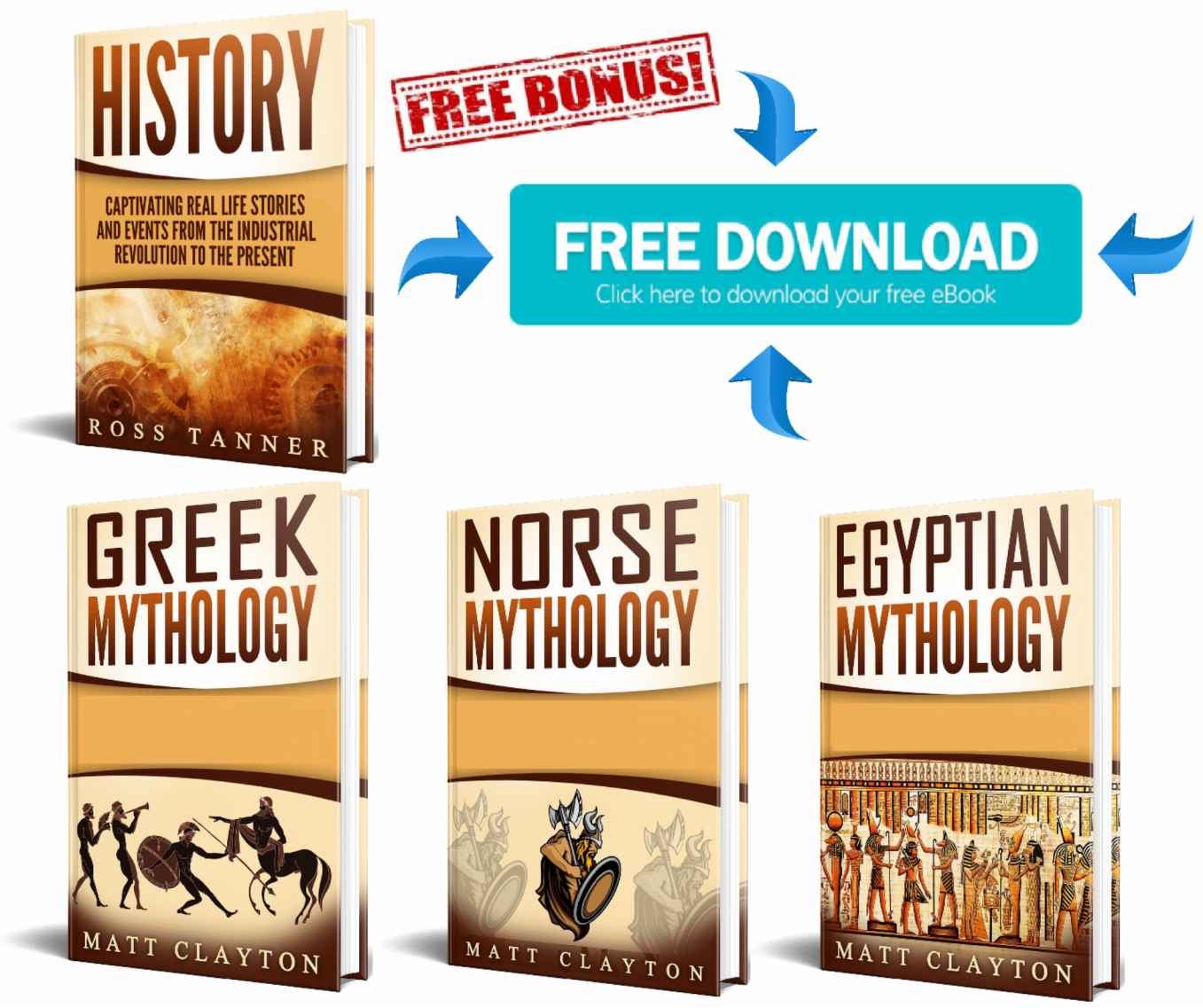
Click here to access your bonus
Also, make sure to follow us on:
Twitter: @Captivhistory
Facebook: Captivating History: @captivatinghistory
Introduction
With a few exceptions, the world changes at a relatively slow pace. Ideas roll around in the social consciousness, and people begin to question tradition and power, but these ideas often take decades or centuries to emerge as a completely different way of thinking. The people in power always work to suppress these kinds of new ideas because questioning the norm almost always signals the end of the reign of those currently in power. There are obvious exceptions, but even great changes often do not happen as quickly as they appear when you look back over history.
The beginning of modern Europe started several hundred years ago. Some people point to the Renaissance as the beginning of the changes, but it was more of an example of the changes that had started 100 years earlier. Some put the dates from the start of the Italian Renaissance (14 th through 17 th centuries), and others date the era from the 12 th or 13 th century until the end of the Thirty Years War (1648). It will be centuries before historians can come to any agreement though. This book includes details of the transition from the Middle Ages to the early modern era, where Europe saw significant shifts across the continent in phases. The years following the Thirty Years War until the 1800s are treated as a transition between the early and current modern eras. The unrest that started at the end of the Middle Ages exploded following the Thirty Years War, and it marked the change to many of the thought processes widely accepted as true today.
Early modern Europe is actually the first time when Europe seemed to act more cohesively, as large swaths of the continent under Roman rule had done previously. There were still countries and patriotism, but the vast majority of the people in Europe did not have as much loyalty to a country or leader as they once had. Under the feudal system, simply surviving was incredibly difficult (things like famine and illness were constant threats) they didnt much care who the lord or master of their region was. As survival became easier and people found opportunities that were unavailable during the Middle Ages, peoples perceptions began to evolve. This began long before Martin Luthers theses and the genius of the men of the Renaissance.
One of the most intriguing and romanticized aspects of the early modern era was the strong desire of some nations to explore the world, especially faraway places. One of the primary interests in exploration was to find an easier way to trade with the Far East, but as soon as people realized that there were two entirely new continents, the powerful European nations sought something else. With the change in social structures, many of the people who could not find advancement by remaining in Europe or who felt their beliefs should be allowed to flourish sought new lives. The beginning of colonialism would carry on for centuries, only ending when there was nowhere new left to explore or when the people rose up against the leaders of the countries where they lived. Many revolutions would be a result of this early period in modern Europe, but they indicate more of a transition from the early modern era to the current. They were the fruit of the changes in thinking and beliefs that began during the early modern era.
This allowed for another highly romanticized and intriguing career: piracy. Those who could not find wealth through traditional means, who lived difficult lives, or who did not feel a deep connection to any particular country or region could acquire wealth through piracy. One of the most interesting things about pirates was that there were pirates for particular countries. Some of the most famous Englishmen from early modern Europe were pirates, including Sir Walter Raleigh and Sir Francis Drake, although many people dont realize they were, in fact, pirates. Then there were more the traditional pirates who terrorized the Caribbean, taking the wealth stolen from the New World and merchants for their own. Piracy had a far more diverse purpose, and some pirates could be used as mercenaries. However, most could not be bought or sold.
We like to think of modern Europe as being civilized, cordial, and peace-loving. However, that is not the history of the continent (and it isnt true of any human civilization). The start of modern Europe was steeped in blood. Considering the fact that it hasnt been 100 years since the last World War, the bloody beginnings have carried on throughout the modern era, making it the rule more than the exception. Much of the bloodshed began because those in power sought to stay in power. More often than not, horrific acts were carried out by nations with the backing of the Catholic Church. The cruel tactics used by the Catholic Church to retain power ultimately ended up contributed to the rise of opposition. One of the most notable examples was the Spanish Inquisition. The rise of the Inquisition showed how people were beginning to question the Church, and its response was extreme in an attempt to retain power. Everyone was suspect during these times because there was just so much change.

